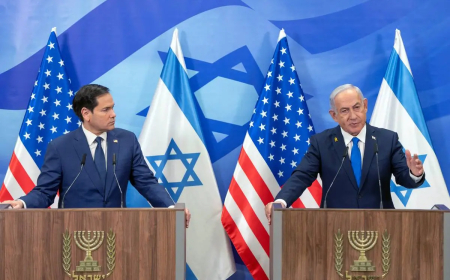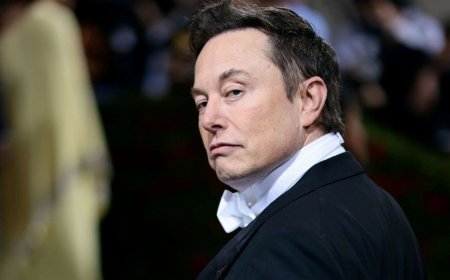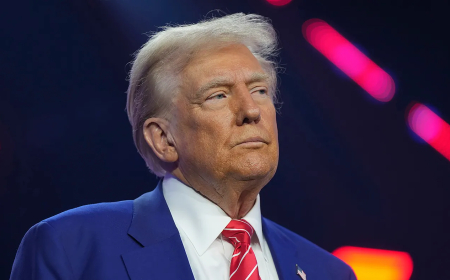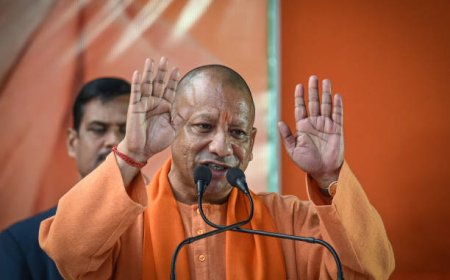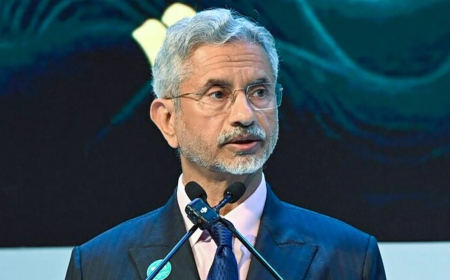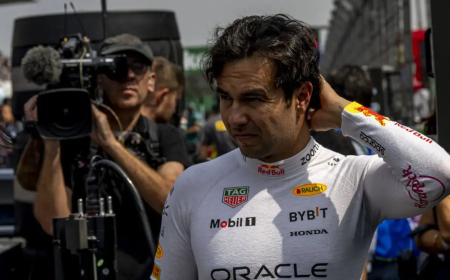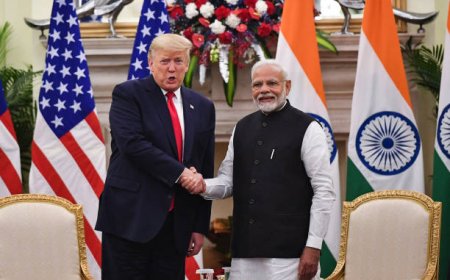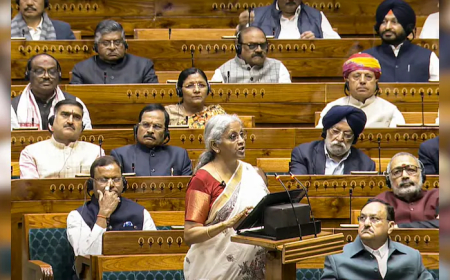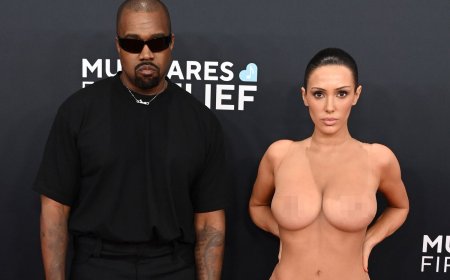Donald Trump Defends His Circle of Strong Women Amid Mark Cuban's Criticism
In a recent interview, Donald Trump addressed Mark Cuban's allegations regarding his relationships with women, asserting that he surrounds himself with strong and intelligent individuals—including his wife, Melania.
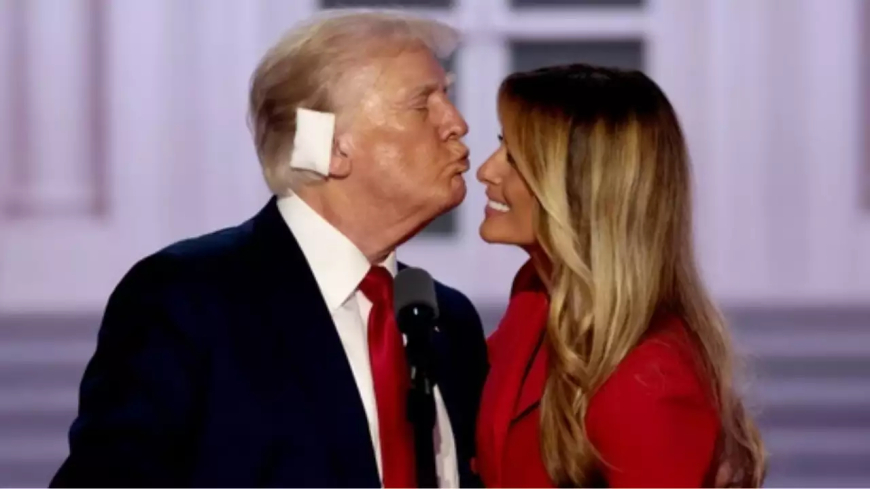
In a heated exchange of words, former President Donald Trump recently responded to remarks made by businessman Mark Cuban, who alleged that Trump prefers to distance himself from strong and intelligent women. During an interview on Fox & Friends, Trump didn’t shy away from defending his stance, articulating a clear message: strong women have always surrounded him, and he prides himself on being married to a notably strong partner.
Cuban, known for his outspokenness, suggested that Trump shies away from women who challenge him intellectually. Yet, Trump dismissed these claims, characterizing Cuban as "very insecure." He recounted how Cuban had frequently sought Trump out during his presidency, calling him at the White House, only for their communication to eventually dwindle due to Cuban's inclinations toward the other side of the political spectrum. Trump's portrayal of Cuban illustrated a dynamic of envy rather than genuine concern.
While discussing the strong women in his life, Trump specifically mentioned his wife, Melania, as someone "rather strong" who has recently achieved notable success with her book becoming a bestseller. Trump's acknowledgment extends beyond his immediate family; he also highlighted the women in his business and campaign teams, emphasizing their influence and capabilities. Figures like Kellyanne Conway, who played a pivotal role in his 2016 election victory, were also commended by Trump as exemplary leaders in their own right.
Trump's remarks point to a broader narrative about women in leadership roles, particularly in political settings. In his retort to Cuban, Trump saddled the conversation with an air of empowerment, asserting that he supports women's achievements, even if critics like Cuban try to cast doubt. His reference to Melania’s accomplishments signals an attempt to counter the stereotype of male political figures surrounding themselves with subservient women.
Cuban’s comments and Trump’s fiery response underscore the complex dynamics of gender in politics and business. Trump's defense serves not only to bolster his image but also to promote the narrative that strong women can hold positions of influence alongside their partners. In an era where female empowerment is increasingly traversing various sectors, Trump's acknowledgment seems an effort to situate himself as an ally rather than an opponent to women's leadership.
The exchange highlights the continued relevance of discussions about gender roles in today’s society. Trump's emphasis on his relationships with strong women offers a counter-narrative to widespread criticisms that often permeate political discussions. As such, one thing is evident: the dialogue surrounding empowerment and leadership, especially for women, remains as vital and contentious as ever.


